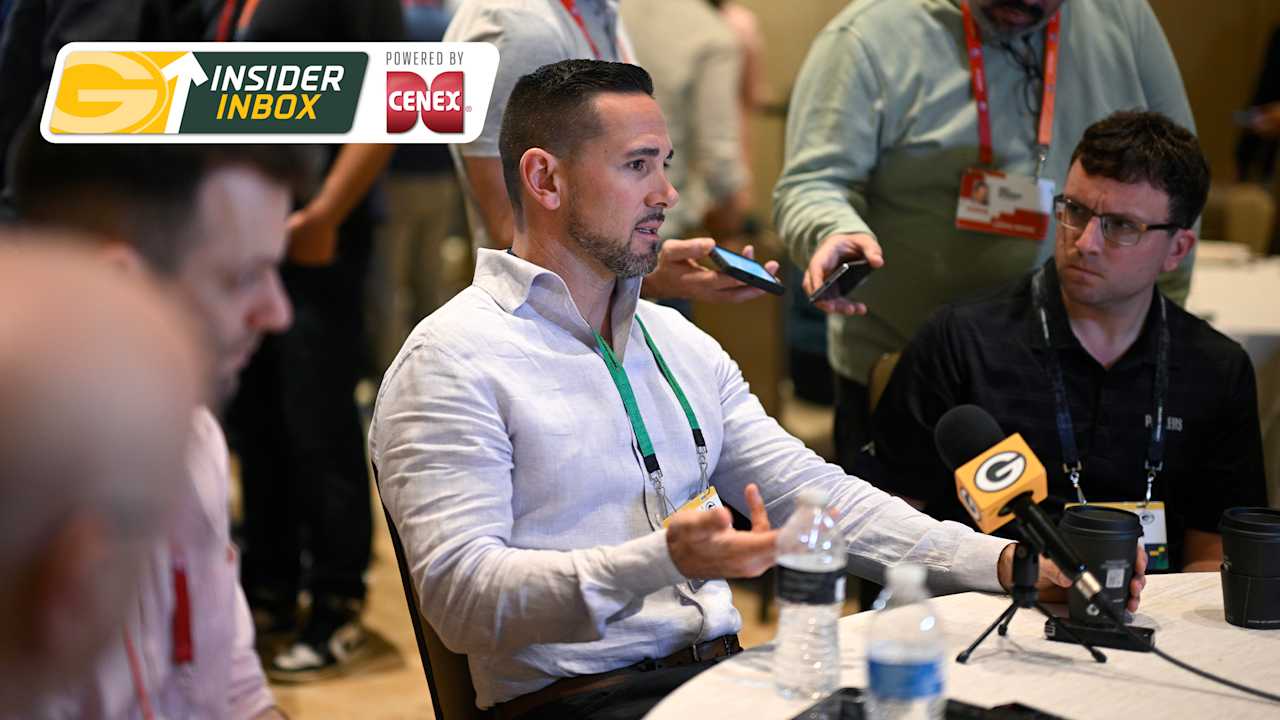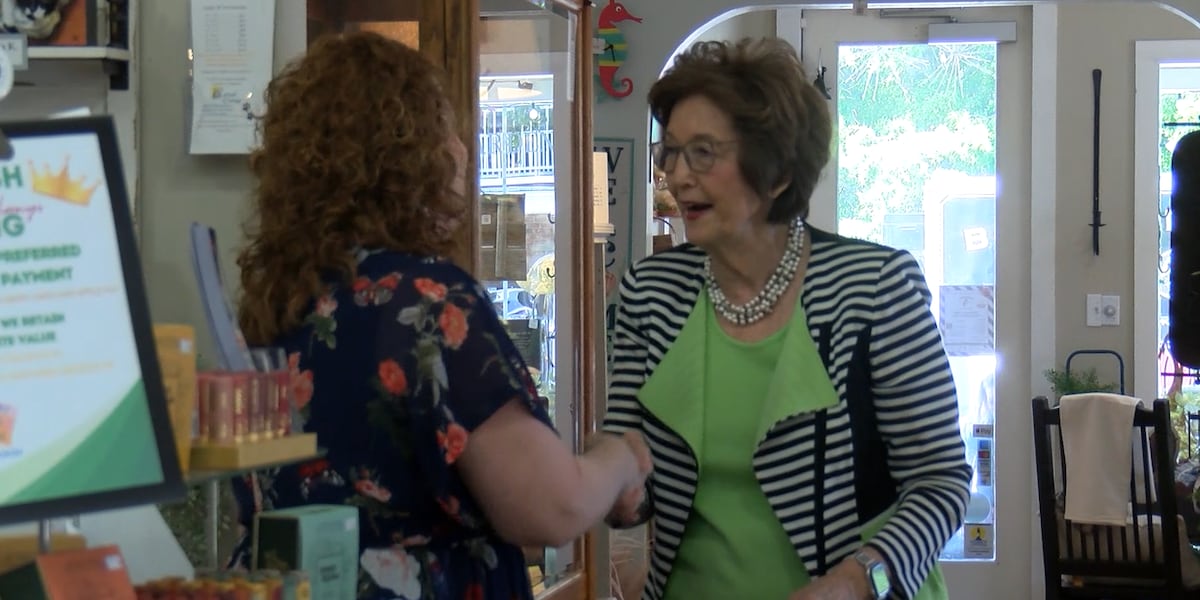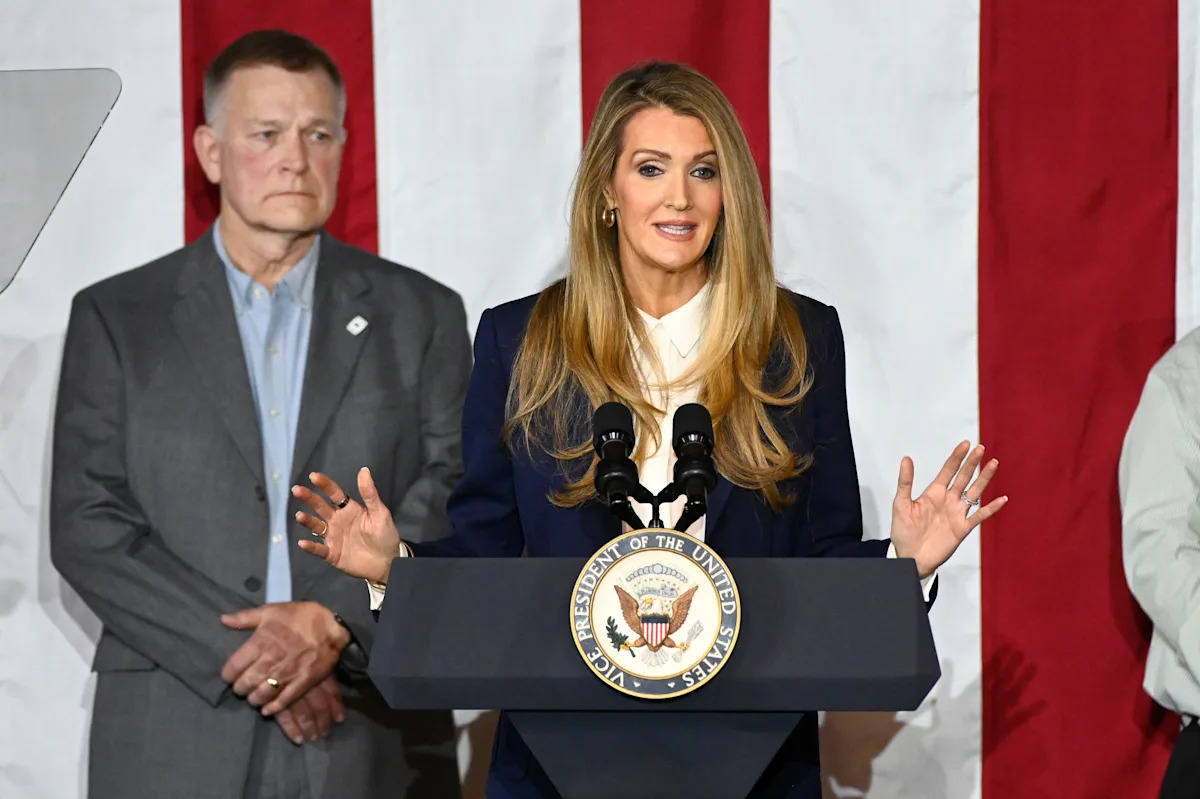Parenting Unfiltered: Why I'm Ditching Politeness Policing and Embracing My Kids' Raw Authenticity

Navigating Childhood Language: Embracing My Children's Unique Communication Style
Parenting is a journey filled with unexpected twists and turns, and one of the most challenging aspects can be managing children's language and social etiquette. As a parent of a 7-year-old and a 5-year-old, I've come to realize that their occasional lack of traditional politeness doesn't define my parenting skills or their character.
My children may not always say "please" or "thank you" with the perfect timing parents typically expect. Sometimes, they might even slip into using words that raise eyebrows. But I've learned to see beyond these surface-level interactions and understand that they are still developing their communication skills and emotional intelligence.
Every child is unique, with their own personality, learning curve, and way of expressing themselves. Their occasional blunt language or missed social cues don't make them bad kids, nor do they reflect poorly on my parenting. Instead, these moments are opportunities for gentle guidance, understanding, and patient teaching.
I choose to focus on their inherent kindness, creativity, and growing empathy rather than getting caught up in rigid social expectations. Their authenticity is what matters most, and I'm committed to nurturing their true selves while gradually helping them understand social nuances.








